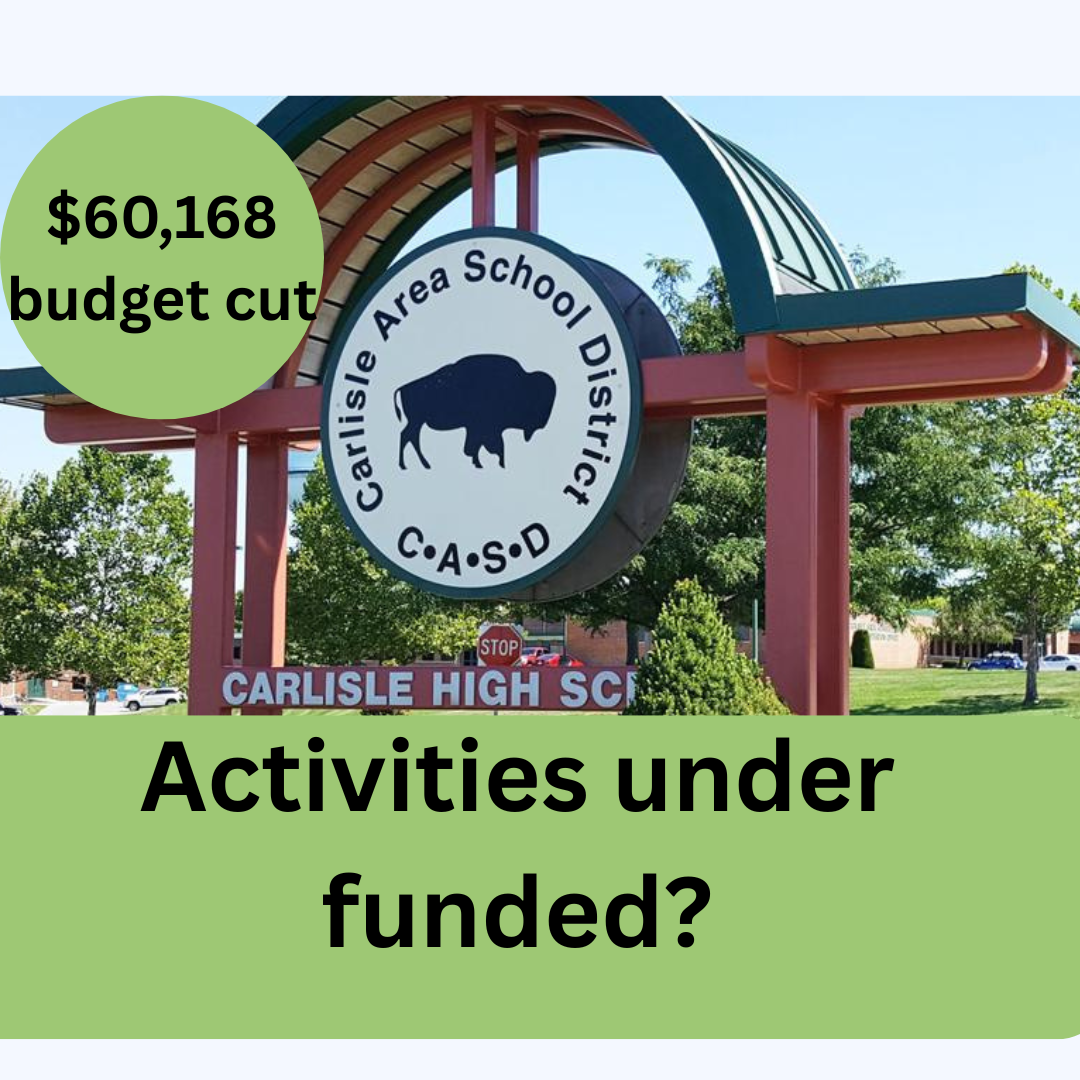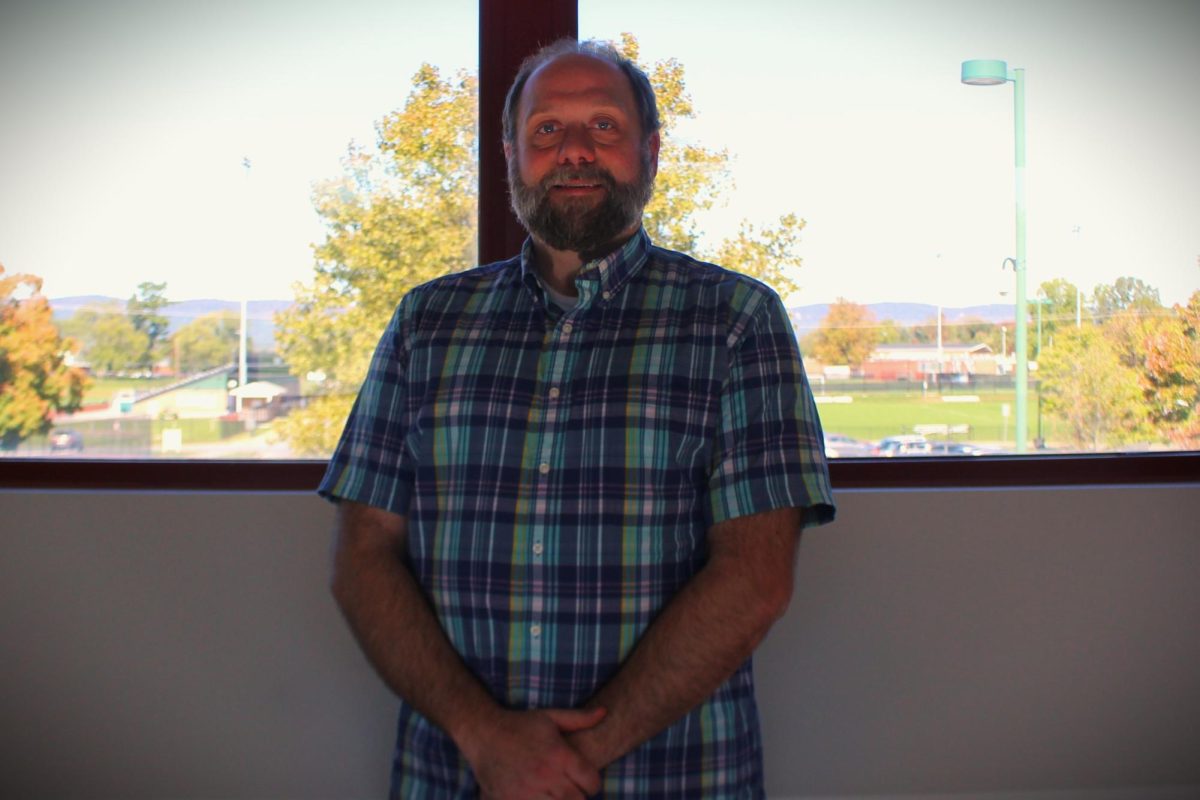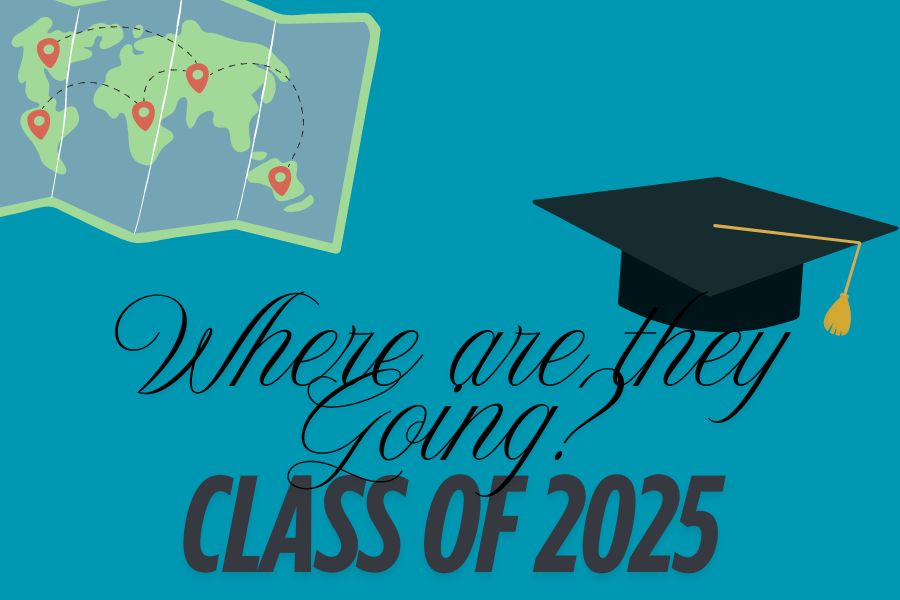Noah Guillaume: What is the school board and why should students care about school board elections?
Mr. Sollman: The school board is the legal entity created by the state of Pennsylvania to govern public schools, its members are elected and they appoint the superintendent and who runs the administration of all of the schools that fall within their district. They have some ability to control property taxes within the school district they are in charge of, the direction of the schools, and what they teach under the rules of the federal and state governments. It is really important if people have an interest in their taxes and how good the schools are, to be interested in the school board elections.
NG: When is the school board election and when is the last day people can register to vote?
Sollman: The general election is always the first Tuesday following the first Monday of November— that would be the 7th of November this year— and school boards are elected in odd numbered calendar years, so five seats on the Carlisle area school board are up for election now and the other four will be up for election in two years. I believe the last day to register to vote is the 23rd of October.
NG: Getting info on the candidate for local elections is difficult, what is the best way to research candidates and find out what they stand for?
Sollman: If you want to know what a candidate stands for, I would recommend going straight to the source. While independent agencies are good, and politicians have the stereotype of being dishonest, they generally do follow up on their claims. So, if they have a clear agenda on what they want to do and you support that, I would go directly to a candidate’s website to see what they stand for. As always, it is important to look at multiple sources when researching candidates and I really encourage people to go to open forums and look at voter guides like League of Women Voters.
NG: Do you think our current board represents its constituents, how could this impact decision making, and how could this impact students.
Sollman: I think it is very rare for elected officials to not represent their constituents. We live in a democracy that incentivizes people to do things their constituents want to do, I look at politics from a largely positive perspective, because for the most part, candidates run because they believe in something, school board members don’t get paid and this isn’t a position you are going to get wealthy from it’s a position you would run for because you care very deeply about the issues controlled by that board.
The decisions that the school board makes will generally reflect that community, and I think you can see that in 2020 and 2021 especially. The communities that were most concerned about having measures that mitigated the pandemic had school boards that did that, and the communities that were more reluctant to institute those mitigations reflected that contention at their school board meetings. It can greatly impact students, their parents, and other community members who can help represent their interests in school board elections.
NG: What is cross-filing and how does it impact election results?
Sollman: School boards and judges in Pennsylvania are allowed to run on both the Republican and Democratic primary election ballots. This past primary election, Pennsylvania has closed primaries, meaning that only registered Republicans can vote in the Republican primary and registered Democrats can only vote in the Democratic primary and no other voters (such as independents) are allowed to vote in the primaries. The state made a law that any person of any political affiliation can run in either the Republican or Democrat or both primary elections for school board or if they are running for any sort of judge candidacy, in order to try and put those positions above party politics to some degree. Many of the candidates for school board running right now cross filed for the primaries but it doesn’t necessarily matter for the general elections.
NG: How can students get involved in the school board elections even if they aren’t able to vote yet?
Sollman: Students can get involved in a number of ways, one way would be to volunteer for one of the candidates, if there is somebody that you support, candidates are always looking for volunteers to help them contact voters. One of the common things for candidates in local elections is to go door to door and talk to constituents, another way would be to volunteer for a non-political organizations if you are interested in the process but don’t have a candidate you want to support there are organizations like I mentioned like the League of Women Voters that could be looking for volunteers.
NG: What do you think will be the main issues voters will vote on indirectly by choosing their preferred candidate?
Sollman: School board elections usually revolve around local issues, but I think this election in particular has been influenced by the national political landscape. There has been a lot of national debate about school curricula. For the CASD school board elections, there are two groups of candidates that are taking two different points of view, five candidates from each group have decided to run as a team since the primary, and that seems to be one of the more divisive issues: about what the schools should or shouldn’t offer in classrooms and libraries.































































































